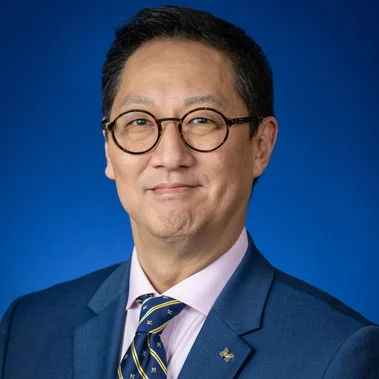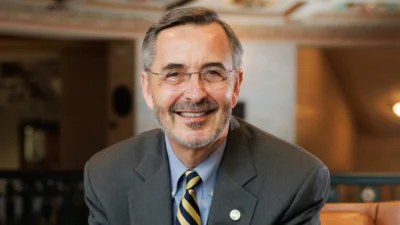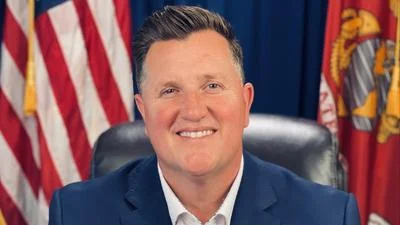Santa J. Ono, President, University of Michigan - Ann Arbor | University of Michigan - Ann Arbor
Santa J. Ono, President, University of Michigan - Ann Arbor | University of Michigan - Ann Arbor
Meta is set to discontinue its fact-checking program, which has been instrumental in curbing misinformation on platforms like Facebook, Instagram, and Threads. This decision has prompted reactions from experts at the University of Michigan School of Information.
Oliver Haimson, an assistant professor of information, expressed concerns over this move. “Meta’s move to stop employing fact-checkers seems like a dangerous decision in today’s politically charged climate, where we need to be able to distinguish between facts and misinformation or disinformation more than ever,” he stated. He noted that while Meta will continue using a crowdsourced method for fact-checking, it may not match the effectiveness of professional fact-checkers. He added, "I find Zuckerberg’s statement that 'fact checkers have been too politically biased' troubling."
Cliff Lampe, another professor of information who studies technology-mediated communication structures, sees some rationale behind Meta's shift. “Meta has not had much success with their current fact-checking tools, so a change in approach is reasonable,” he commented. However, he highlighted the company's responsibility to maintain a safe environment on its platforms.
Paul Resnick, director of the Center for Social Media Responsibility and professor of information, drew comparisons with X’s Community Notes system. “There’s a lot that Meta can learn from X’s Community Notes," he remarked. Resnick pointed out both the potential benefits and risks associated with such systems.
The transition away from traditional fact-checking raises questions about how Meta will manage misinformation moving forward.






 Alerts Sign-up
Alerts Sign-up